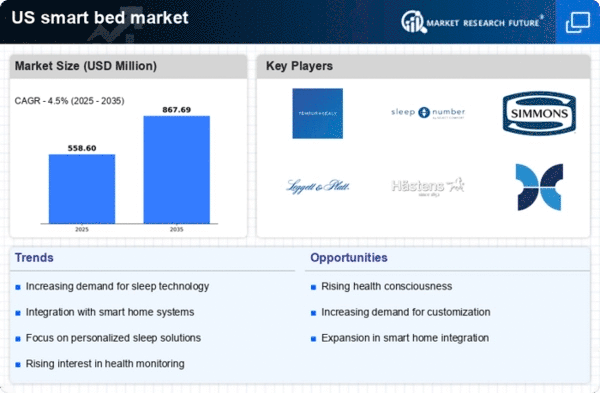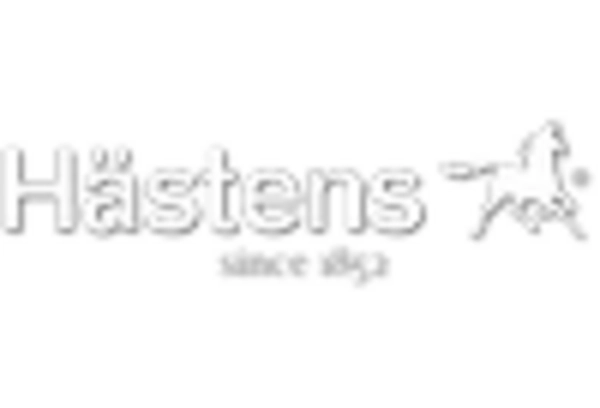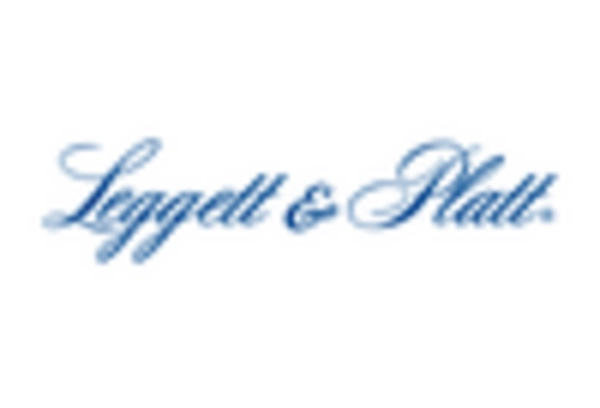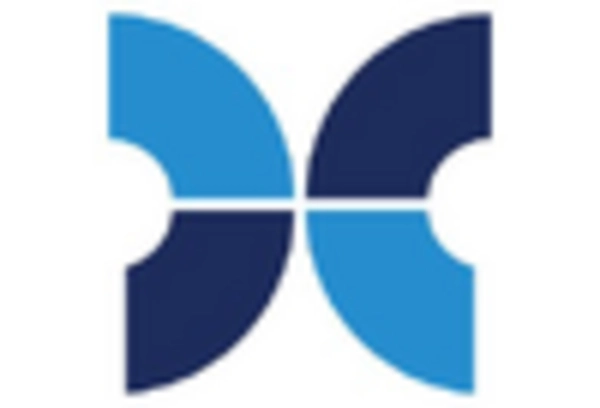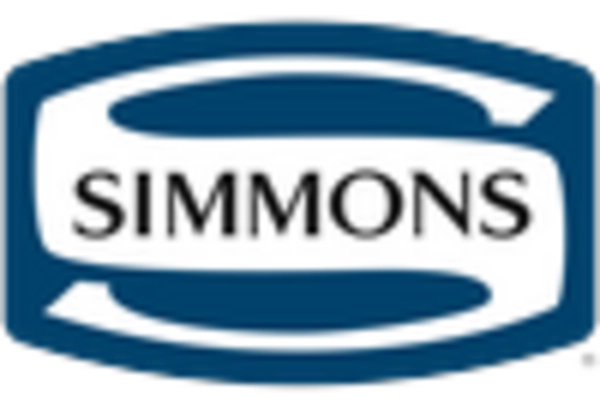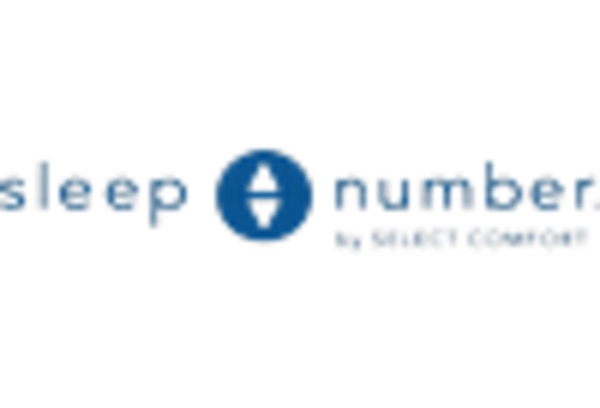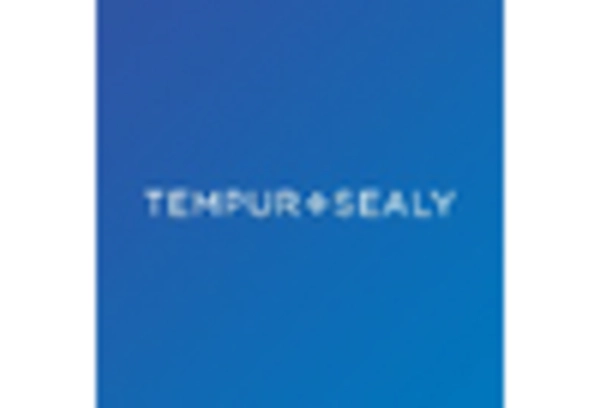Increased Focus on Home Automation
The smart bed market is benefiting from the broader trend of home automation, as consumers increasingly seek integrated smart home solutions. Smart beds that can connect with other smart devices, such as thermostats, lighting, and security systems, are becoming more appealing to tech-savvy consumers. This interconnectedness enhances the user experience, allowing for seamless control of the sleep environment. The home automation market is projected to reach $100 billion by 2026, indicating a substantial opportunity for smart bed manufacturers to innovate and integrate their products within this ecosystem. As more households adopt smart home technologies, the smart bed market is likely to see significant growth.
Growing Demand for Luxury and Comfort
The smart bed market is witnessing a growing demand for luxury and comfort, as consumers increasingly prioritize high-quality sleep experiences. Premium smart beds that offer customizable features, such as adjustable bases and advanced materials, are becoming more popular among affluent consumers. This trend is reflected in the market, where luxury smart beds can command prices exceeding $3,000. As disposable income rises, particularly among millennials and Gen Z, there is a notable shift towards investing in high-end sleep solutions. The smart bed market is thus positioned to thrive, catering to consumers who are willing to pay a premium for enhanced comfort and sleep quality.
Rising Consumer Awareness of Sleep Health
Consumer awareness regarding the importance of sleep health is on the rise, significantly impacting the smart bed market. As studies increasingly link sleep quality to overall health and well-being, more individuals are seeking solutions to enhance their sleep experience. This heightened awareness is driving demand for smart beds that offer features such as adjustable firmness, temperature control, and sleep tracking. According to recent surveys, approximately 70% of Americans report that they prioritize sleep quality, which suggests a growing market for products that cater to this need. The smart bed market is poised to capitalize on this trend, as consumers are willing to invest in technology that promises better sleep outcomes.
Technological Advancements in Sleep Science
The smart bed market is experiencing a surge due to rapid technological advancements in sleep science. Innovations in sleep tracking and analysis technologies are becoming increasingly sophisticated, allowing consumers to monitor their sleep patterns with unprecedented accuracy. For instance, smart beds equipped with sensors can now provide real-time data on sleep quality, heart rate, and even breathing patterns. This data is invaluable for users seeking to improve their sleep health. The market for sleep technology is projected to grow at a CAGR of 20% through 2026, indicating a robust demand for smart beds that integrate these advanced features. As consumers become more health-conscious, the smart bed market is likely to benefit from this trend, positioning itself as a leader in sleep health solutions.
Impact of E-commerce on Consumer Purchasing Behavior
The smart bed market is significantly influenced by the rise of e-commerce, which has transformed consumer purchasing behavior. Online platforms provide consumers with easy access to a wide range of smart bed options, enabling them to compare features, prices, and reviews conveniently. This shift towards online shopping is particularly pronounced among younger demographics, who prefer the convenience and transparency that e-commerce offers. In 2025, it is estimated that online sales will account for over 30% of the total mattress market, highlighting the importance of digital presence for smart bed manufacturers. As e-commerce continues to grow, the smart bed market is likely to adapt by enhancing online marketing strategies and improving customer engagement.


